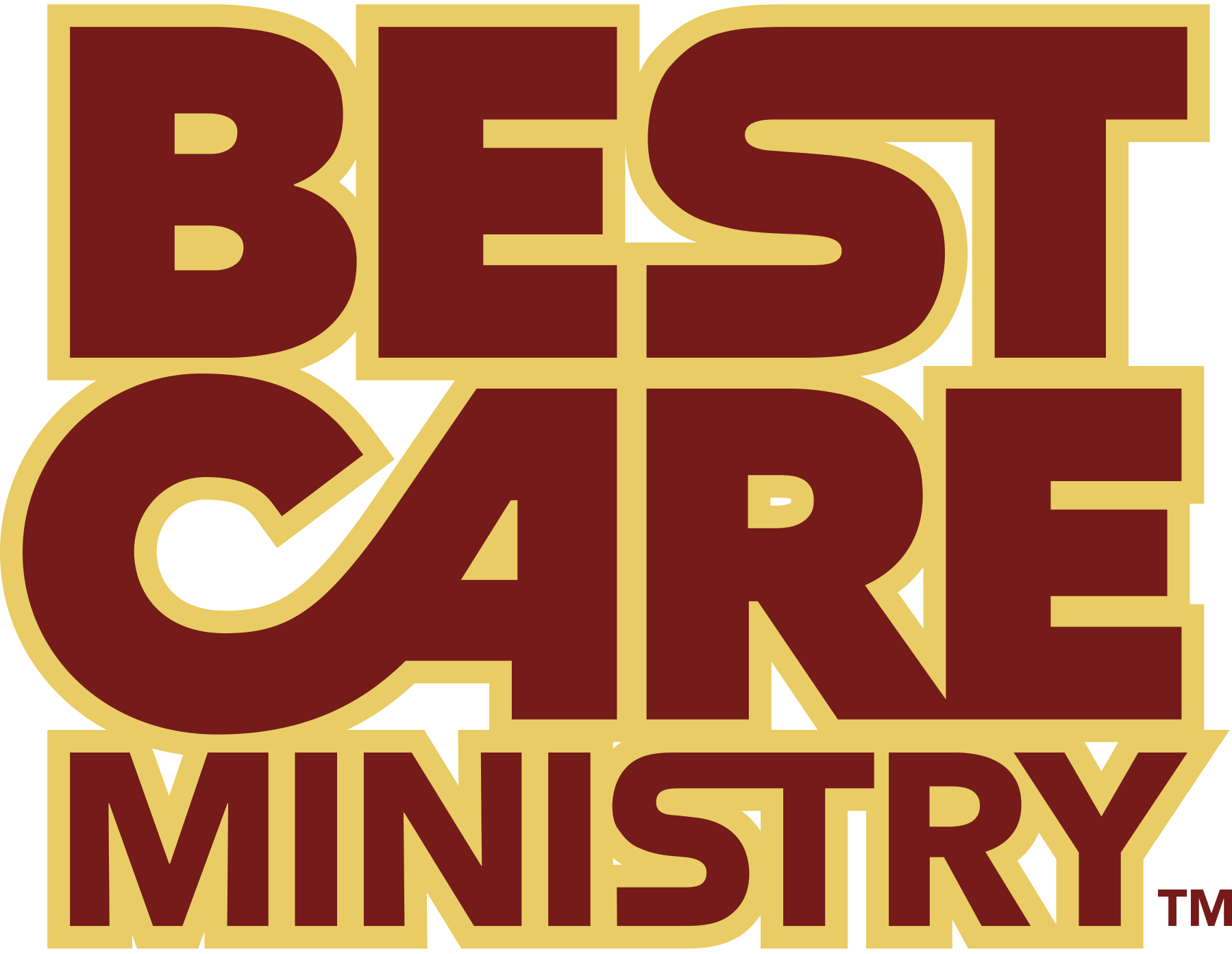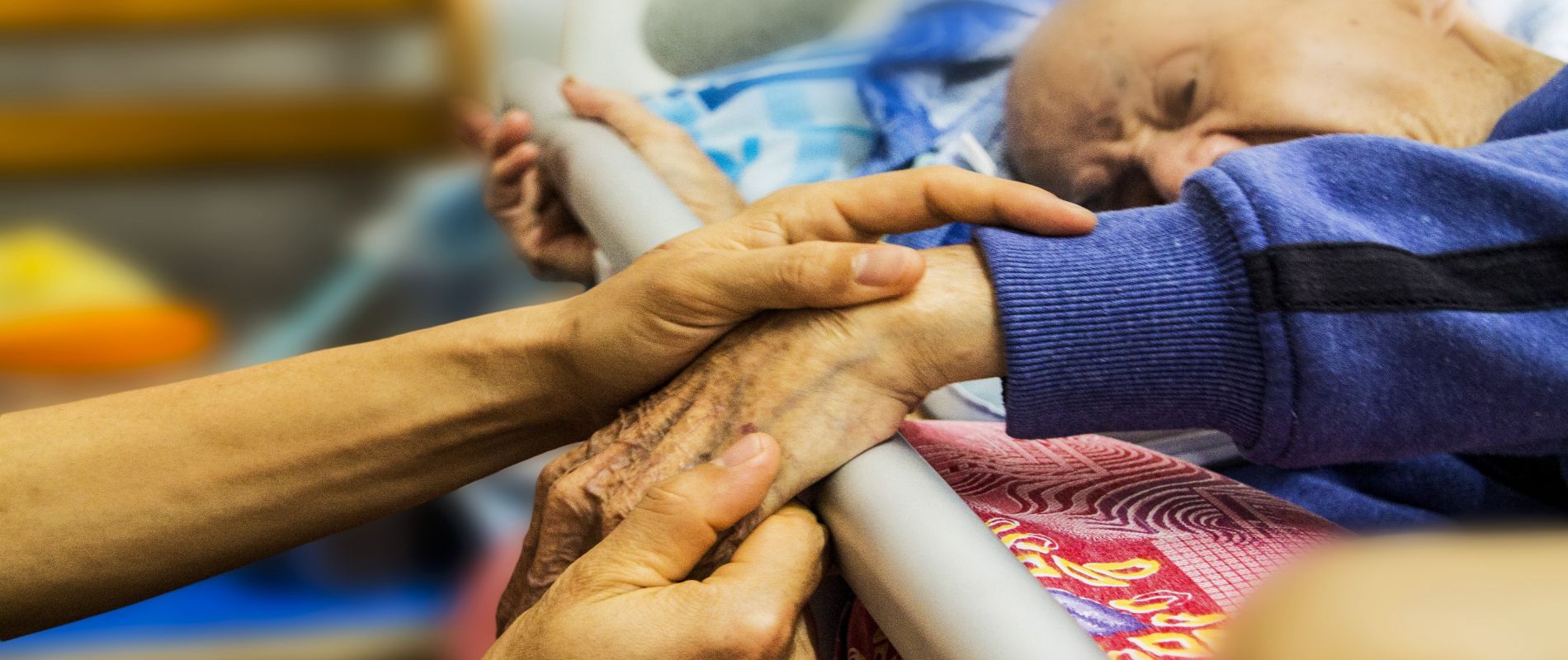Everyone should know about Key Ministry.
Connecting with their people and resources will infuse your ministry
with with fruit that will exceed your expectations.

This is "low-hanging fruit." There are many families who want to attend church but can't because most churches are not equipped to to meet a special need.
But to be fair, even for the most caring groups, "when it comes to supporting parents who are wading through the emotional quicksand of their child's initial special needs diagnosis, it can be a struggle to find the word to reach out in the right way".
"A family discovers a special needs diagnosis suddenly and usually in close proximity to the birth of a child. The problems may be revealed during prenatal testing, at the birth of the child, or shortly thereafter. Examples of this scenario would be giving birth to a child with Down syndrome, a chromosomal abnormality or significant physical birth defect.
Through a slower process of discovery, a child receives a neurological-related specials diagnosis during the toddler, preschool or early grade-school years. Examples of this type of diagnosis include autism spectrum disorder, Asperger syndrome, or moderate to profound cases of various learning disabilities or behavior health disorders."
In
Leading A Special Needs Ministry, Amy Fenton Lee introduces the need with the above quotes and gives some great advise in the following quiz. That is her creative way of enforcing the correct care action.
1.
TRUE OR FALSE
-- Only place the family facing a diagnosis of a special needs nature on church prayer lists after permission has been given by parents.
2.
TRUE OR FALSE -- Assure the family that the church will love and accept their child as God created him or her.
3.
TRUE OR FALSE -- In person contact is best for church members wanting to support parents of a newborn with a special needs diagnosis.
4.
TRUE OR FALSE
-- When talking with parents who have recently received a special needs diagnosis for their child, help them to see the positives in the situation.
5.
TRUE OR FALSE -- Be prepared to address theological questions with a family in the early stages of processing a special needs diagnosis.
6.
TRUE OR FALSE -- Ask to hold the baby when visiting the family just after the baby's birth and diagnosis.
7.
TRUE OR FALSE -- If you know of another family with a similar situation, arrange for them to connect with the new parents.
1.True 2.True 3.False 4.False 5.False 6.True 7.False
You will appreciate Amy's answers when you get her book. You are welcome to reply to me with your experiences and/or questions. Maybe I will be able to include them in future e-mails.
Key Ministry provides a whole catalog of people, ideas and resources for a special needs ministry.
I just attended their Disability and the Church conference in Orlando, Florida. There were too many stories of people who want to go to church, but who don't fit into the standard church because of the difficulties from a special needs child. This was just one category of need. Other forms of mental illness, physical challenges and disease such as Alzheimer's Disease confine people who want ministry. Insult is added to injury when the church misunderstands behaviors that are affected by trauma.
I met many people who have started ministries that have grown out of need. Perhaps you have a similar hero in your church who is facing a need but does not know what to do. Contact me or go directly to the Key Ministry website (www.KeyMinistry.org).
Caring for people makes the difference.
There is no doubt that nearly every church means well. But beyond the emotion that is saddened by people's problems we need to to know how to care effectively. When people in our ministries are trained with the skills to care for people, then they will feel confident and equipped to care for people and there will be an environment where people with special needs and their families can be included and flourish in a church family. Offering a targeted ministry is good, and building a culture that cares is better. Using the 7 Essentials for Caring that Makes a Difference will empower people who are leading ministries and equip an entire culture to offer the best care.
The fruit is ripe for the picking. Let's learn how to care effectively so we will reduce the number people who want a church family but can't find a place that knows how to care for them.











